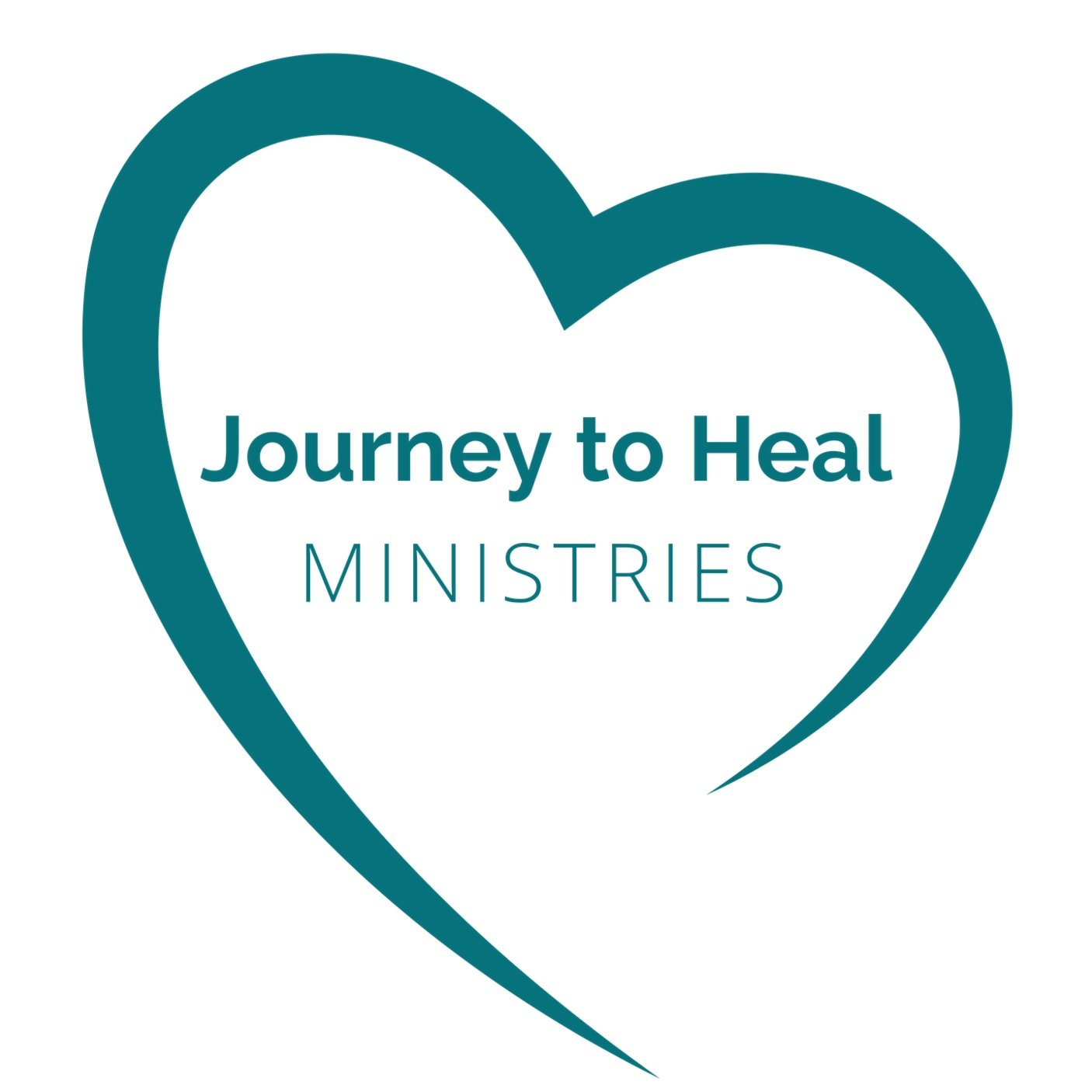It can end with you.
Get educated about this epidemic, its impact, and the journey to heal.
What is sexual abuse?
“Childhood sexual abuse is any contact or interaction (visual, verbal, or psychological) between a child or adolescent and an adult when the child or adolescent is being used for the sexual stimulation of the perpetrator or any other person. Sexual abuse may be committed by a person under the age of 18 when that person is either significantly older than the victim or in a position of power/control over the child/adolescent.” - Dr. Dan Allendar, author of The Wounded Heart
Who are the perpetrators?
There is no definitive profile of a sexual predator. 60% involve people in a child's circle of trust. 40% involve older children. Perpetrators often go out of their way to appear trustworthy, seeking out setting where they can gain easy access to children, like sports leagues, churches, clubs and schools.
What are the effects of sexual abuse?
Sexual abuse has life-long effects on victims. Whether the abuse occurred once or over a period of time, the trauma leaves a soul wound impacting every aspect of a victim's life. Some of the common effects include depression, anxiety, criminal behavior, addictions, mental disorders, eating disorders, suicidal thoughts, learning disabilities, and social/relational problems - often lasting into adulthood. The CDC estimates that child abuse costs us billions annually - effecting society as a whole.
Which children are most vulnerable?
ANY child who is unguarded and unprotected is vulnerable to sexual predators. 35% of reported cases involve children under 11. 65% are children 12-18. Children are most vulnerable when they are unguarded, abandoned, neglected, isolated, or uninformed. Child sexual abuse is happening to children across the country within every demographic. This preventable crime is happening in families, communities, schools, sports programs, churches, youth programs, online groups, chat rooms, social media outlets, and more. While there are factors that put certain children at higher risk, every child is vulnerable.
How can you safeguard your own children?
Minimize the opportunity. Protect children by guarding their well being - both physically and emotionally. Put safeguards around screen time and online access. Be a trusted and safe adult by talking openly about body safety, sex, and boundaries in an age appropriate way. Create a family lifestyle that minimizes access - including older siblings/children and family members.
Learn more on how you can protect and empower children in your family or community. Visit these leading child advocacy and abuse prevention organizations provided below. Each share helpful insight and resources to help you understand the issue, recognize potential predators, and safeguard children.
Other websites we recommend for insight or assistance.
A leading SA awareness and crisis assistance organization
The National Sexual Violence Resource Center
The web home of Erin’s Law, offering resources and programs to aid in prevention
I’m a survivor, or love someone who is. Where can I get help?
Whether you are a survivor or love someone who is, you are not alone and there is hope for healing. Visit our homepage to learn more about available resources, support groups, and our Christ-centered programs for women and their families.

